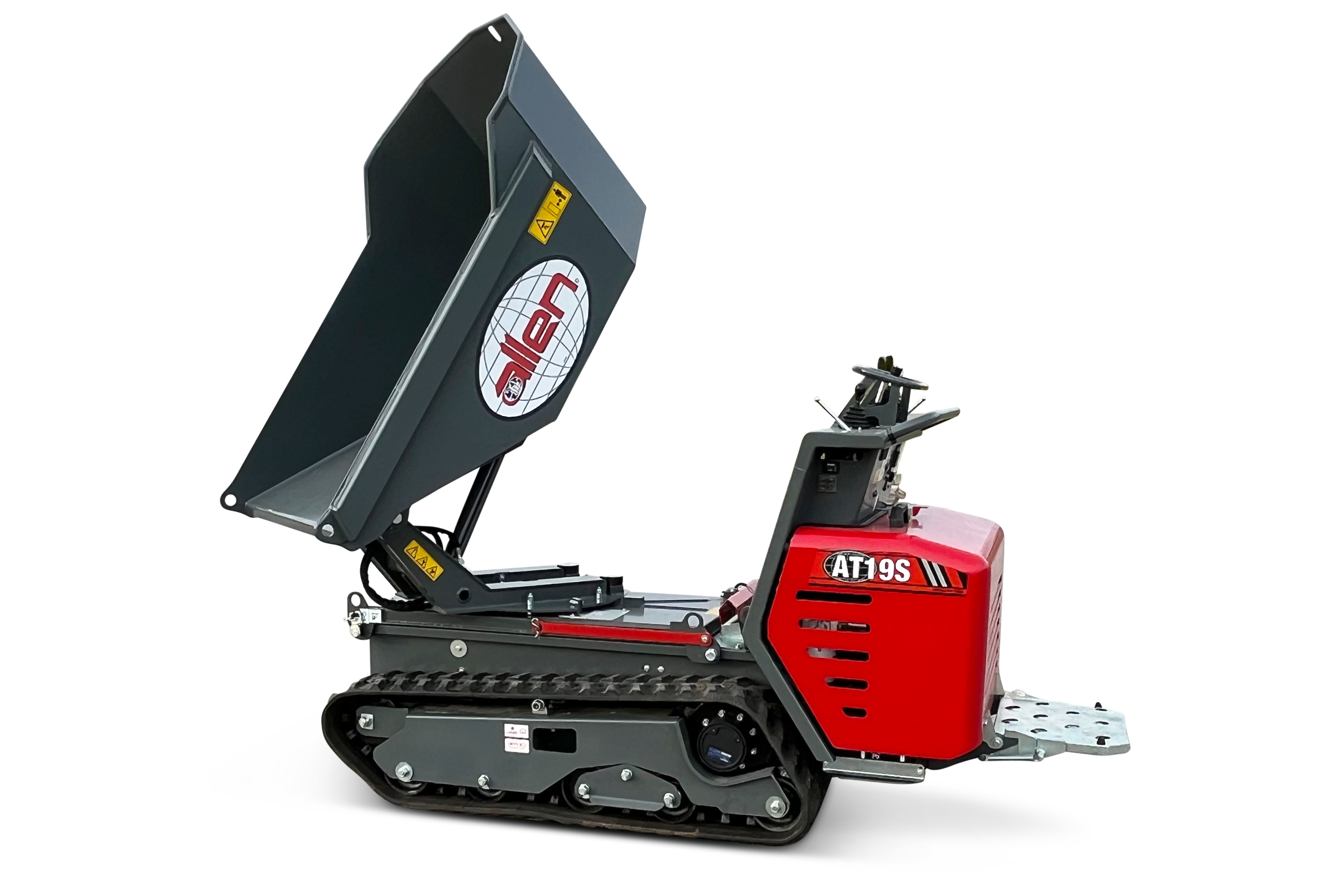In recent months, there has been some confusion surrounding Honda’s small engine business, leading...
California's Transition to Electric Engines: What It Means for Your Small Engine Needs

California has always been a leader in environmental regulations, and its latest move to ban small gas-powered engines is a significant step towards a cleaner, more sustainable future. Starting in 2024, the state will prohibit the sale of new gas-powered small off-road engines (SORE), affecting a wide range of equipment used in landscaping, construction, and other industries. Here’s what you need to know about this transition and how it impacts you.
Background on California’s Environmental Policies
The California Air Resources Board (CARB) has been implementing stringent emissions standards to improve air quality and reduce greenhouse gas emissions. In line with this, CARB has set new regulations that will ban the sale of small gas-powered engines under 25 gross horsepower starting in 2024. This includes equipment like lawnmowers, leaf blowers, chainsaws, and other small engines commonly used in various industries.
Why California is Moving Towards Electric Engines
The push towards electric engines is driven by several key factors:
- Environmental Benefits: Electric engines produce zero emissions, which helps to reduce air pollution and improve public health.
- Climate Goals: This initiative is part of California’s broader strategy to combat climate change by significantly cutting down greenhouse gas emissions.
Impact on Small Engines and Equipment
The ban on small gas-powered engines will greatly impact many industries. Businesses and individuals relying on equipment like lawnmowers, leaf blowers, and generators must transition to electric alternatives. This change presents both challenges and opportunities:
- Initial Costs: The upfront cost of electric equipment can be higher than traditional gas-powered tools. However, these costs can be offset over time by savings on fuel and maintenance.
- Operational Changes: Businesses must adapt to new operating practices, including managing battery life and charging infrastructure.
Opportunities for Businesses
Despite the challenges, the transition to electric engines offers several advantages:
- Cost Savings: Electric engines have lower operating costs, as they require less maintenance and eliminate the need for fuel.
- Environmental Responsibility: Adopting electric equipment helps businesses align with environmental regulations and promotes a greener image.
- Innovation: Electric engines offer advanced features and technologies that enhance performance and efficiency.
- Lower Operating Costs: Electric engines save money on fuel and maintenance over time.
- Reduced Noise Pollution: Electric engines operate more quietly, making them ideal for use in residential areas and noise-sensitive environments.
- Regulatory Compliance: Using electric equipment ensures compliance with California’s stringent environmental regulations.
At MTA Distributors, we recognize this transition's significant changes and challenges. We are here to support you by offering a range of electric equipment options designed to meet the new regulations and provide the performance and reliability you expect. Our team is ready to assist you in finding the right solutions for your needs, ensuring a smooth transition.
When choosing electric equipment, consider factors such as battery life, power output, and the specific requirements of your tasks. Our experts at MTA Distributors are here to help you make informed decisions and provide the support you need.


